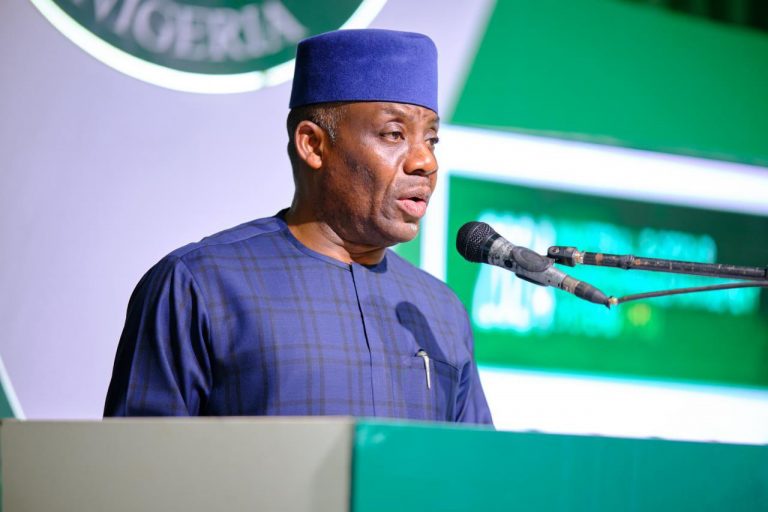FG Unveils New Curriculum to Promote Patriotism, Digital Literacy, and Future-Ready Skills

FG Unveils New Curriculum to Promote Patriotism, Digital Literacy, and Future-Ready Skills
The Federal Government has announced that the newly revised basic education curriculum is tailored to nurture patriotic and socially responsible citizens while equipping Nigerian pupils with modern, future-ready competencies.
Details of the review, contained in a document from the Federal Ministry of Education and made available under the leadership of Minister of Education, Dr. Tunji Alausa, revealed that the updated curriculum for basic, secondary, and technical education will take effect from the 2025/2026 academic session.
The reform is designed to reduce content overload and ensure classroom teaching aligns with 21st-century realities. According to the ministry, stronger emphasis will now be placed on Civic Education across all levels of schooling to strengthen national consciousness, restore trust in democratic processes, and prepare young people for active citizenship.
Teachers will undergo reorientation programmes to ensure effective delivery of the new subjects.
The document stated, “Civic Education is being mainstreamed to cultivate unity, responsibility, and national consciousness.”
It added, “From basic to post-basic levels, students will learn about their role in nation-building. Schools will serve as hubs for rebuilding trust in democratic processes and civic institutions.”
Beyond civic values, the curriculum introduces entrepreneurship, digital literacy, critical thinking, and life-readiness skills as core components.
Under the new structure, pupils in Primary 1–3 will study between nine and ten subjects, while those in Primary 4–6 will take 10 to 12. Subjects for the lower classes include English Studies, Mathematics, one Nigerian Language, Basic Science, Physical and Health Education, Christian Religious Studies/Islamic Studies, Nigerian History, Social and Citizenship Studies, Cultural and Creative Arts, with Arabic as optional.
For Primary 4–6, the list expands to include Basic Science and Technology, Basic Digital Literacy, and Pre-Vocational Studies, with French and Arabic as optional subjects.
At the Junior Secondary School level, students are expected to take 12–14 subjects, including English Studies, Mathematics, one Nigerian Language, Intermediate Science, Physical & Health Education, Digital Technologies, CRS/IS, Nigerian History, Social and Citizenship Studies, Cultural & Creative Arts, Business Studies, with French and Arabic optional. They will also pick one trade subject such as Solar Photovoltaic Installation, Fashion Design, Livestock Farming, Beauty and Cosmetology, Computer Hardware and GSM Repairs, or Horticulture and Crop Production.
Senior Secondary School students will take eight to nine subjects drawn from core areas such as English Language, General Mathematics, Citizenship and Heritage Studies, Digital Technologies, Biology, Chemistry, Physics, Agriculture, Further Mathematics, Foods and Nutrition, Geography, Technical Drawing, History, Government, one Nigerian Language, and other electives including Economics, Literature, Commerce, and Creative Arts.
Technical school students will offer between nine and 11 subjects under the revised structure.
The government also emphasized that curriculum reform will be linked to better child nutrition. Acknowledging the connection between brain development and learning outcomes, Dr. Alausa pledged renewed investment in school feeding programmes, especially at the early childhood and primary levels.
The ministry explained that these interventions are expected to increase school enrollment, improve cognitive performance, and reduce absenteeism






